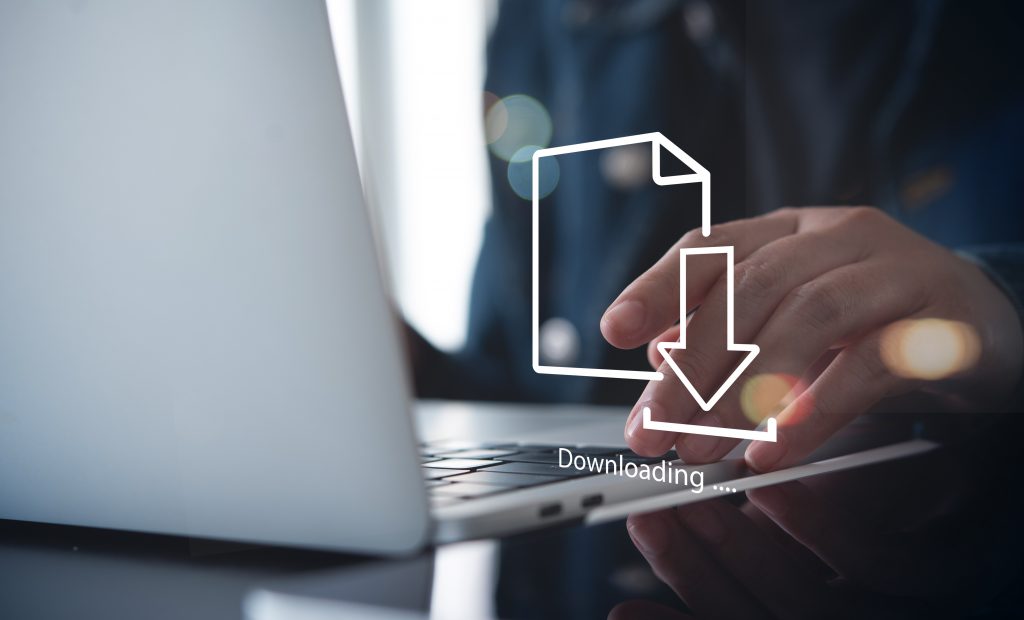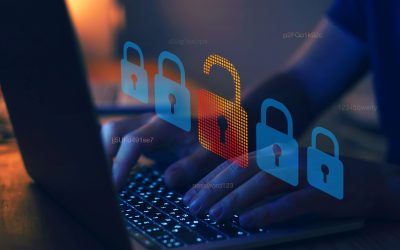5 Seemingly Innocent Download Habits Your Employees Must STOP Now To Avoid a Cyber Attack
How to STOP:
In the golden days of the internet, installing antivirus software was akin to donning an invincible armor, allowing you to navigate the digital realm with little worry. However, in today’s sophisticated cyber landscape, antivirus alone is insufficient. Infected files can slyly infiltrate your systems, especially when downloaded unknowingly. Whether you’re using a personal device or a business laptop, here are five practices you need to stop right now to safeguard against a cyber attack.
1. STOP downloading apps from unknown sources. The internet is teeming with enticing free apps, but many are wolves in sheep’s clothing. Cybercriminals exploit human curiosity with irresistible clickbait. To protect yourself, configure your devices to deny installations from unauthorized sources. When it comes to smartphones, download apps exclusively from your device’s official app store, where each app is carefully vetted for security and privacy. For business owners, it’s both possible and highly recommended to secure your company’s devices, thereby preventing employees from downloading potentially harmful applications or files.
2. STOP surfing the web unprotected, especially when accessing downloads on public WiFi. Do not rely on businesses or public spaces to ensure your digital safety. That’s where we come in as your trusted IT service provider, going beyond the basic antivirus. We advocate for comprehensive endpoint protection solutions like VPNs, which can cloak your online activity from cybercriminals and filter out malicious websites. This enables you to use public WiFi without fear.
3. STOP opening and downloading files from emails without due diligence. Phishing via email remains a primary strategy for hackers to infiltrate networks. Sophisticated attackers often impersonate familiar contacts, sending seemingly legitimate emails. So, before opening or downloading any email file, ensure it was expected. A safer way is to use IT-managed file-sharing systems like OneDrive and SharePoint. If a file appears suspicious, don’t hesitate to contact the sender to verify its legitimacy. To arm your team against such threats, we offer InfoSec’s Phishing Simulation Training. This state-of-the-art program equips your team with the knowledge and skills to detect and handle potential phishing threats, transforming them into your first line of defense.
4. STOP downloading “bloatware.” Even reputable apps sometimes sneak in extra applications or toolbars that you don’t need, earning additional revenue through these hidden inclusions. Stay alert during installations and uncheck any boxes that automatically opt you into these unnecessary services. Always understand what you’re agreeing to before hitting ‘Next’.
5. STOP downloading content from peer-to-peer file-sharing sites. Platforms like BitTorrent, RARBG, and 1337x are hotbeds for cyber threats. Hackers often distribute infected files through these networks, and even the advertisements can be malicious. Your antivirus software alone may not be able to shield you from these threats.
Business owner? Let us help!
Business owners, after sharing these guidelines with your team, we invite you to schedule a quick 10-minute call. We can strengthen your defenses against cyber threats, provide strategies to prevent employees from inadvertently triggering an attack, and offer invaluable InfoSec Phishing Simulation Training. This isn’t just a training program; it’s an investment in your company’s security infrastructure. InfoSec empowers your team with the tools and knowledge to identify phishing attempts, transforming them from potential victims into cybersecurity gatekeepers. In the digital realm, knowledge is the best defense. Together, we can ensure that defense is robust.



